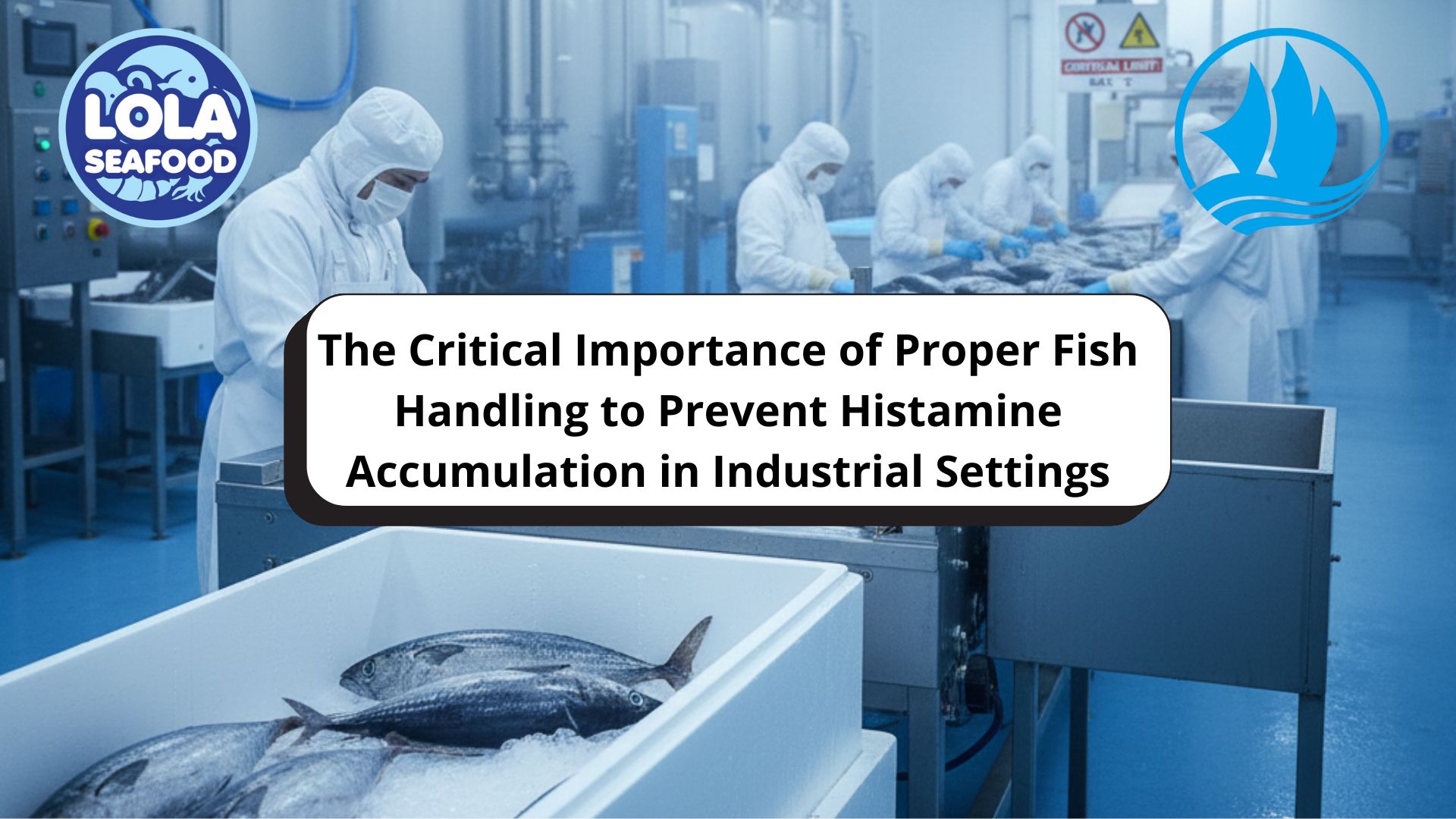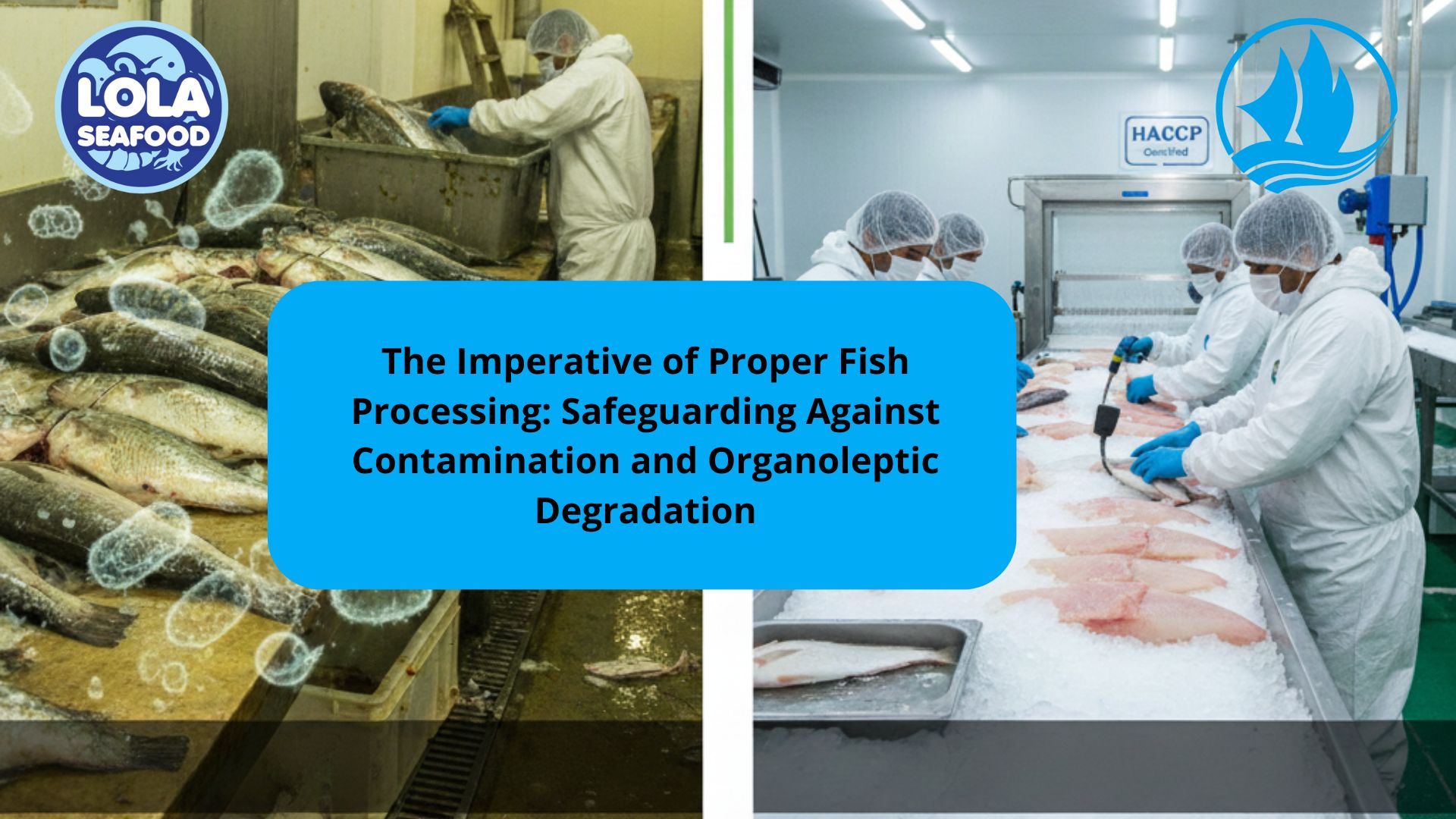Why Are Omega-3 Important?
By. Najih - 26 Nov 2024
Omega-3 fatty acids are essential fats that play a crucial role in maintaining heart health, brain function, and overall well-being. They are primarily found in fatty fish like salmon and mackerel, as well as in certain nuts and seeds. Omega-3s can help lower triglycerides, reduce the risk of heart disease, and support brain health. Here’s a detailed overview:
Types of Omega-3 Fatty Acids
- Alpha-linolenic acid (ALA):
- Found in plant sources such as flaxseeds, chia seeds, and walnuts.
- Short-chain omega-3 fatty acid that the body can convert to EPA and DHA, though the conversion rate is low.
- Eicosapentaenoic acid (EPA):
- Primarily found in fish and algae.
- Long-chain omega-3 fatty acid known for its anti-inflammatory properties.
- Docosahexaenoic acid (DHA):
- Also found in fish and algae.
- Critical for brain health and development, particularly in infants and children.
Health Benefits
- Heart Health:
- Omega-3s can lower triglyceride levels and reduce the risk of cardiovascular diseases.
- Some studies suggest that omega-3 supplementation may not significantly impact LDL or HDL cholesterol levels.
- Brain Function:
- DHA is a major structural component of the brain and is essential for cognitive function.
- Omega-3s may help protect against cognitive decline and support mental health, with some evidence suggesting benefits for depression and anxiety.
- Inflammation:
- Omega-3 fatty acids have anti-inflammatory effects, which can be beneficial for conditions like rheumatoid arthritis and other inflammatory diseases.
Dietary Sources
- Fatty Fish:
- Salmon, mackerel, sardines, and herring are excellent sources of EPA and DHA.
- Plant Sources:
- Flaxseeds, chia seeds, walnuts, and hemp seeds are rich in ALA.
- Algal Oil:
- A vegan source of DHA and EPA, suitable for those who do not consume fish.
Recommended Intake
- The American Heart Association recommends consuming at least two servings of fatty fish per week.
- For those who do not eat fish, consider ALA-rich foods or supplements, but consult with a healthcare provider for personalized advice.
Potential Risks and Considerations
- Supplementation:
- While omega-3 supplements can be beneficial, they may not provide the same benefits as whole food sources.
- High doses of omega-3 supplements can lead to side effects such as gastrointestinal issues and increased bleeding risk.
- Mercury and Contaminants:
- Some fish may contain high levels of mercury and other toxins, so it’s important to choose low-mercury options and limit consumption of certain species.
In summary, omega-3 fatty acids are vital for health, particularly for heart and brain function. Incorporating a variety of sources into your diet can help ensure adequate intake.

The Legal Shark Value Chain: Identifying Critical Control Points for Cost Efficiency and Value Enhancement from Catch to Consumer

Global Trust Across Three Segments: How the HACCP System Ensures Premium Quality for Demersal, Pelagic Fish, and Legal Shark Product Utilization
.jpg)
Green Investment, Profitable Harvest: How Sustainability Practices Reduce Operating Costs in Fish Fillet Processing Plants (Skin-On and Skin-Less)
 in Meeting Global Protein Demand Sustainably.jpg)




